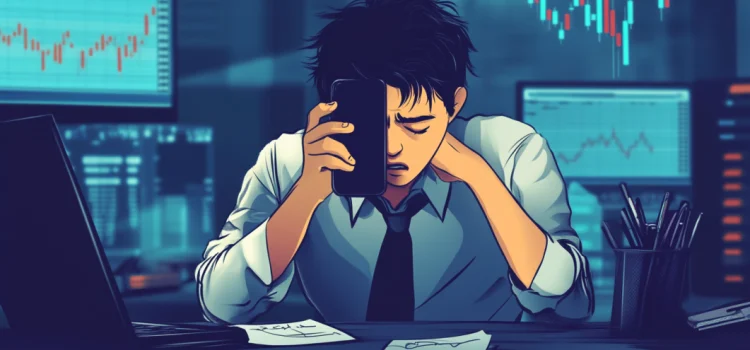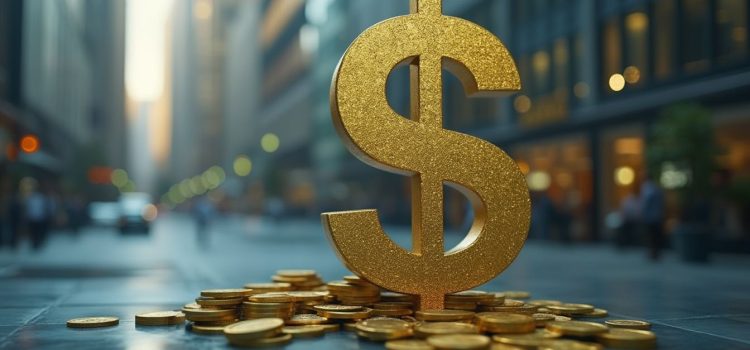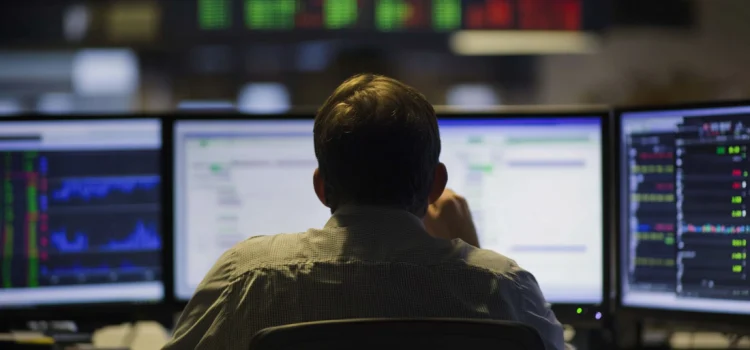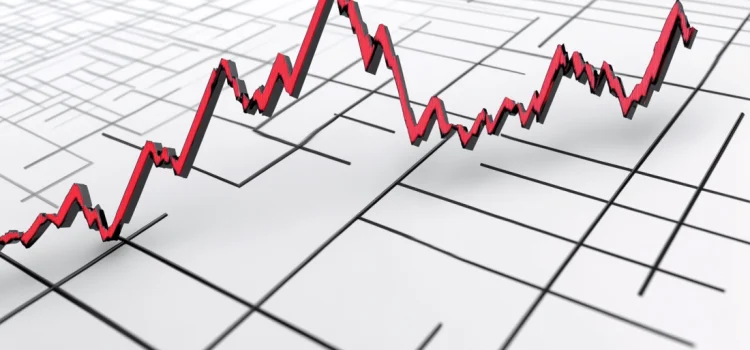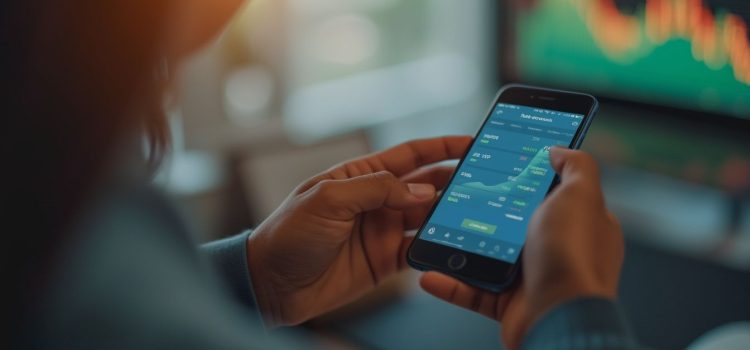How do investors choose between being risk-tolerant and risk-averse? What role do greed and fear play in an investor’s decision? In Mastering the Market Cycle, Howard Marks discusses how oscillations in these cycles impact investors’ psychology. In particular, he explains how shifts in foundational cycles lead to a psychological cycle between fear and greed that, in turn, causes a cycle between risk tolerance and risk aversion. Below we’ll explain the psychology of investors.
The Psychology of Investors: How They Make Decisions




